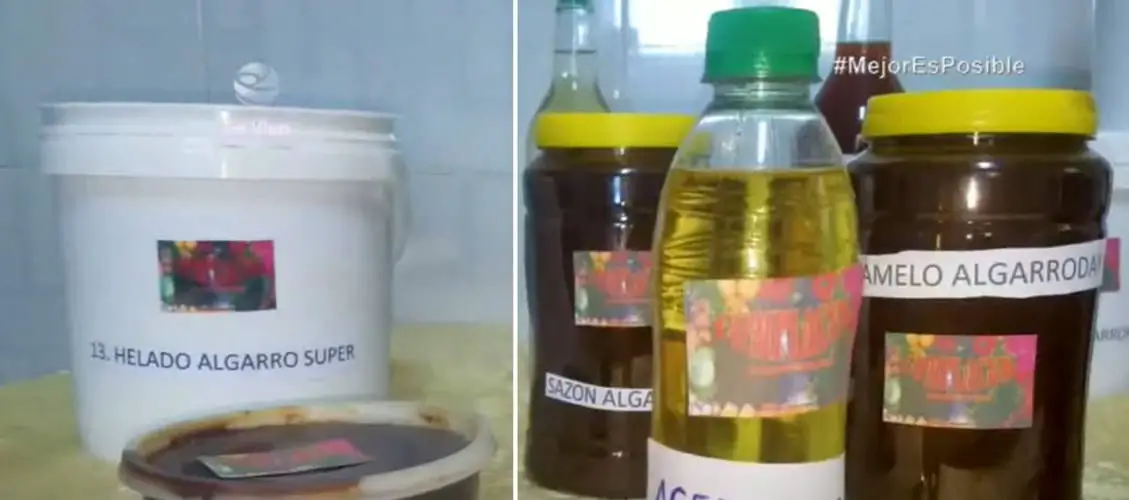MIAMI, United States. – The food crisis that Cuba is going through has led peasants on the island to seek alternatives to alleviate the hunger that has spread for decades.
Faced with “the country’s call” to “be more creative” in food production, Jesús Placencia from Camagüey boasts a wide range of products made from carob.
A report from caribbean channel points out that Placencia produces nougat, creams, ice cream, syrups, wines, liquors, mojito, vinegar, flour, powdered seasoning, feed, tea “and many other products” that leave his farm for the consumption of the population.
“These productions are made from the collection of the carob pod, which is brought to our mini-industry and processed,” explained the farmer, who defined carob as “a superfood.”
“It is a product that is classified as a superfood. This product is being made in many parts of the world. And the production of this product needs to be disclosed so that it is one more food to be incorporated, since human health has gone down paths of inadequate nutrition, and it would be good to resume the path of food of our ancestors,” Placencia told state television.
In addition to producing around 36 carob products, the producer also works with coconut, “with which 16 separate products are made, all with very good results.”
In the case of carob, Placencia stated that “it is a product that regenerates memory, that stimulates blood vessels, that eliminates cholesterol, and serves to reconstitute hair, nails, and skin.”
Carob is a pod that comes from the carob tree, also known as the “breadfruit tree”. It is an edible fruit found in countries with warm and Mediterranean climates, such as Spain, Italy, Portugal, Morocco, Turkey and Greece, among others.
Carob pods contain a sweet, fibrous pulp that can be eaten directly or used to make different products, such as carob flour, carob gum, or carob syrup. These products are used as healthy alternatives to chocolate and sugar in the food industry.






